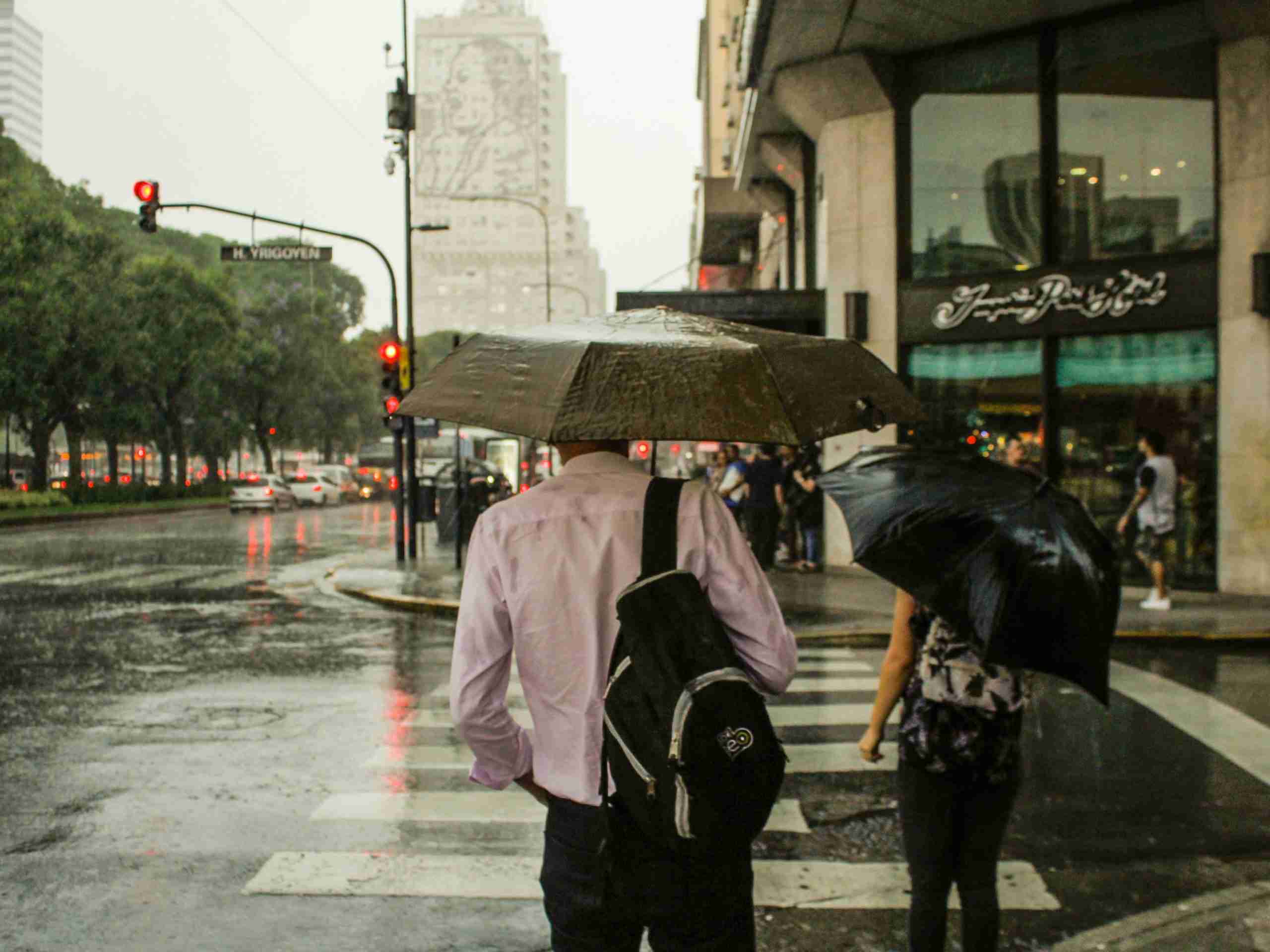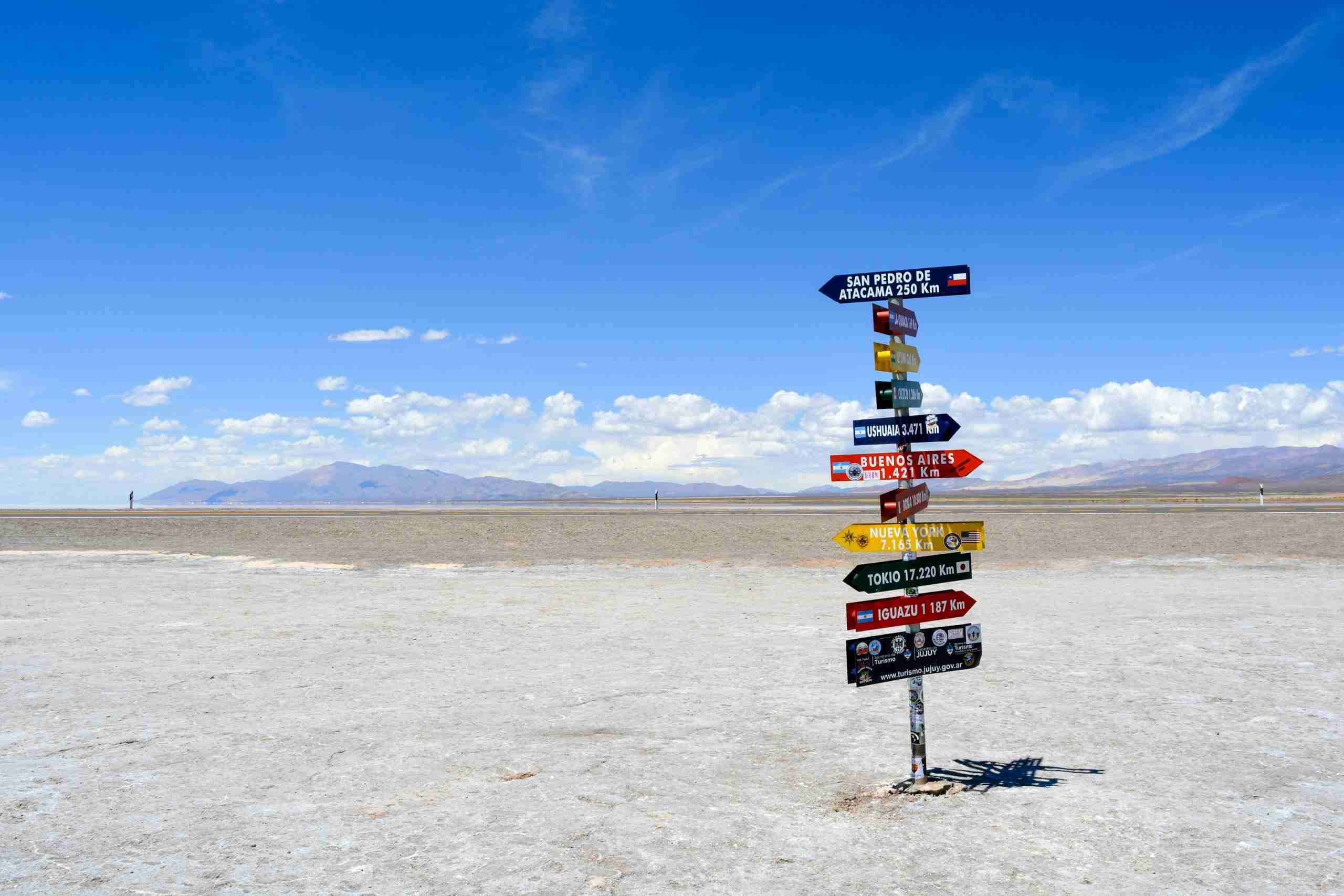Argentina, a land of breathtaking landscapes, vibrant culture, and warm hospitality, has become a haven for expatriates seeking a more affordable and fulfilling lifestyle. This comprehensive guide provides essential information and steps to gain residency or citizenship, unlocking a potentially enriching and cost-effective life in this captivating South American nation.
Understanding the Argentine Dream
Argentina offers a unique blend of European elegance and Latin American fervor. Its diverse geography encompasses the majestic Andes Mountains, glacial lakes, bustling cities, and serene coastal towns. The country boasts a rich cultural heritage, renowned for its tango, delectable cuisine, and welcoming locals. One of its most significant draws is the relatively low cost of living, especially appealing to those earning in foreign currencies.
Pathways to Residency
Argentina offers various residency options tailored to different needs and circumstances. Here's a breakdown of the most common pathways:
Temporary Residency
Temporary residency is often the first step towards establishing long-term residency in Argentina. It allows you to live in the country for a specific period, usually up to three years, and can serve as a pathway to permanent residency and citizenship.
To provide a clearer overview of the visa options, here's a table summarizing the different types of temporary residency visas:
Visa Type | Purpose | Requirements | Validity |
|---|---|---|---|
Rentista Visa | Individuals with stable foreign-sourced income (retirees, passive income) | Proof of monthly income ≥ 5 times the minimum living wage (approx. USD 2,000/month as of March 2024) | 1 year, renewable up to 3 years |
Pensionado Visa | Retirees with a regular pension from a foreign government or organization | Proof of monthly pension meeting the same minimum income as the Rentista Visa | 1 year, renewable up to 3 years |
Work Visa | Individuals with secured employment in Argentina | Formal employment contract and employer sponsorship | Varies depending on the contract and visa type |
Student Visa | Foreign nationals pursuing studies at recognized educational institutions | Proof of enrollment in a recognized institution | Typically 1 year, renewable |
Investor Visa | Individuals making a significant investment in an Argentine business or economic activity | Investment of ARS 1,500,000 (approx. USD 5,000 as of February 2025) in a productive, commercial, or service activity | 1 year, renewable up to 3 years |
Digital Nomad Visa | Remote workers or freelancers | Proof of employment with a foreign company or clients, sufficient income to support oneself, and a clean criminal record | 6 months, renewable once for a total of 1 year |
Visa Fees:
Fees for temporary residency visas vary depending on the visa type and nationality. As of February 2025, the fee for most visa types is between ARS 2,000 and ARS 2,060. However, investor visa applications may have higher fees, ranging from ARS 500 to ARS 600. It's crucial to check with the Argentine consulate or embassy in your country for the most up-to-date fee information.
Permanent Residency

After holding temporary residency for a minimum of three years and meeting the requirements, you can apply for permanent residency. This grants you the right to live in Argentina indefinitely, with most of the same rights and privileges as Argentine citizens, except for voting rights.
Requirements for Permanent Residency:
- Hold temporary residency for at least three years.
- Demonstrate continuous residence in Argentina, typically by spending at least 180 days per year in the country.
- Provide a clean criminal record certificate from Argentina and any country where you have resided for more than one year in the past three years.
- Submit proof of address in Argentina.
Gaining Citizenship
Argentina offers a remarkably fast route to citizenship, making it an attractive option for those seeking a second passport.
Ways to Obtain Citizenship:
- Naturalization: After residing in Argentina for two years with a temporary or permanent residence permit, you can apply for citizenship by naturalization.
- Marriage: Marrying an Argentine citizen allows you to apply for citizenship immediately.
- Birth: Any child born in Argentina automatically acquires Argentine citizenship.
- Descent: Individuals with at least one Argentine parent are eligible for citizenship by descent.
Steps to Apply for Citizenship by Naturalization:
- Meet Residency Requirements: Reside in Argentina for two continuous years with a valid residence permit.
- Gather Documentation: Prepare the required documents, including your original birth certificate, current identity documents, police criminal record certificates, and proof of income.
- Submit Your Application: Submit your application to the National Chamber of Appeals in Civil and Federal Commercial (in Buenos Aires) or the Federal National Civil and Commercial Court (in other regions).
- Obtain the Citizenship Letter: Receive a letter of citizenship upon approval of your application.
- Process New ID: Obtain a new national identity document (DNI) with a citizenship card.
- Apply for Passport: Apply for an Argentine passport after receiving your new DNI.
Citizenship by Descent for Minors:
For minors applying for citizenship by descent, the process must be initiated by their parents or legal guardians12. The required documents include the child's foreign birth certificate, the original birth certificate of the Argentine parent, and a copy of the Argentine parent's DNI.
The Cost of Living in Argentina
One of the most alluring aspects of Argentina is its affordability. While costs vary based on lifestyle and location, here's a general overview:
Housing
- Rent: As of February 2025, the average rent for a one-bedroom apartment in the city center of Buenos Aires is approximately USD 389 per month. Rents outside the city center are generally lower, ranging from USD 200 to USD 267.
- Utilities: Basic utilities, including electricity, heating, cooling, water, and garbage collection, for an average apartment typically cost between USD 56.55 and USD 120 per month.
- Internet: Internet service generally ranges from USD 10 to USD 40 per month, depending on the speed and provider.
Food
- Groceries: A typical monthly grocery bill for a single person ranges from USD 304 to USD 437. Shopping at local markets can help reduce costs further.
- Dining Out: Argentina offers a wide range of dining options to suit various budgets. A meal at an inexpensive restaurant costs around USD 8.60, while a three-course meal for two at a mid-range restaurant is about USD 31.20.
Transportation
- Public Transportation: Public transportation in Argentina is generally affordable and efficient, especially in urban areas. A monthly public transport pass in Buenos Aires costs around USD 151.
- Gasoline: For those who prefer to drive, gasoline prices are around USD 0.96 per liter.
- Taxis: Taxis are readily available in most cities. Taxi rides typically start at about USD 1.00 with an additional USD 1.00 per kilometer.
Healthcare
Argentina boasts a universal healthcare system that provides free or low-cost care to all residents, including expatriates. The public system offers a comprehensive range of services, from primary care to complex surgeries. However, waiting times can be long, especially for non-emergency procedures.
Obras Sociales:
In addition to public healthcare, Argentina has a unique system called "obras sociales." These are social security healthcare schemes funded by contributions from employees and employers. Obras sociales often provide a wider range of services and shorter waiting times compared to the public system.
Private Healthcare:
Private healthcare is also available in Argentina, offering shorter waiting times and more modern facilities. However, it can be expensive, and expats may need to consider private health insurance.
Regional Differences in Healthcare:
It's important to note that the quality and accessibility of healthcare can vary significantly across different regions of Argentina. Urban areas generally have better access to healthcare facilities and specialists, while rural and remote areas may have limited access to advanced medical services.
Benefits of Living in Argentina

Argentina offers a multitude of benefits for those seeking a new home:
- Low Cost of Living: Experience a significantly lower cost of living compared to many Western countries, allowing you to stretch your budget further and enjoy a more comfortable lifestyle.
- Vibrant Culture: Immerse yourself in a rich and diverse culture, a captivating blend of European and Latin American influences, evident in its music, art, dance, and culinary traditions.
- Breathtaking Scenery: Explore a country of stunning natural beauty, from the snow-capped peaks of the Andes Mountains and the glacial wonders of Patagonia to the vast plains of the Pampas and the sun-kissed beaches of the Atlantic coast.
- Warm Hospitality: Embrace the warmth and hospitality of the Argentine people, known for their friendliness, openness, and willingness to welcome newcomers.
- Gastronomic Delights: Indulge in world-renowned Argentine cuisine, from succulent grilled meats (asado) and savory empanadas to delectable pastries and rich wines, including the celebrated Malbec.
- High-Quality Healthcare: Access a well-developed healthcare system with both public and private options, ensuring you have access to quality medical care when needed.
- Good Infrastructure: Benefit from a relatively good infrastructure, including public transportation, schools, and communication networks, making daily life convenient and accessible.
- Safety: Argentina is considered a safe country with a low crime rate, ranking second in South America in the Global Peace Index.
- English Proficiency: While Spanish is the official language, Argentina has a higher level of English proficiency than any other country in Latin America, making it easier for English speakers to adapt.
Testimonials:
Many expats have shared positive experiences about their lives in Argentina. One expat, who has lived in Buenos Aires for nearly 15 years, describes the city as a "haven for nomadic workers and travelers" and highlights the ease of access to healthcare and the strong emphasis on relationships and social connections. Another expat, who has lived in Argentina for five years, appreciates the affordable luxury lifestyle, friendly locals, and excellent healthcare system.
Potential Challenges
While Argentina offers numerous advantages, it's essential to be aware of potential challenges:
- Economic Instability: Argentina has a history of economic fluctuations, including periods of high inflation and currency devaluation. This can impact the cost of living and financial planning.
- Language Barrier: While English is spoken in some areas, particularly in tourist destinations and among younger generations, Spanish is the official language. Learning Spanish is crucial for full integration into Argentine society and navigating daily life.
- Bureaucracy: Navigating bureaucratic processes can sometimes be challenging and time-consuming. Patience and persistence are often required when dealing with administrative procedures.
- Safety and Security: While Argentina is generally safe, petty crime can be an issue in some areas, especially in larger cities. It's important to be vigilant and take necessary precautions to protect yourself and your belongings.
- Job Market: Finding a job in Argentina can be challenging, and most local jobs pay in Argentine pesos, which can be affected by inflation.
- Currency Exchange: You must show your passport to exchange money, and there can be problems using U.S.-issued ATM cards.
- Dual Nationality Restrictions: Dual U.S.-Argentine citizens may face restrictions, particularly regarding departure requirements from Argentina.
Relocating to Argentina can be a fulfilling experience for those seeking a low-cost lifestyle, a vibrant culture, and a beautiful environment. By understanding the pathways to residency and citizenship, preparing the necessary documentation, and being aware of potential challenges, you can increase your chances of successfully establishing a new life in this captivating South American nation.

Lusine Sargsyan
Attorney

